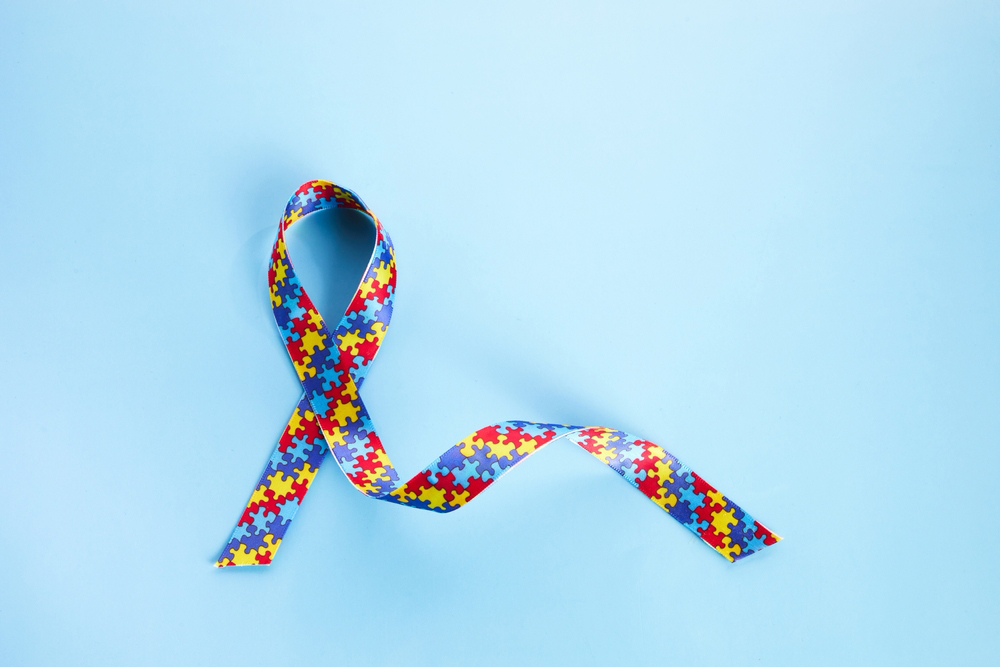Autism spectrum disorder is a form of neurodivergence that causes differences in communication abilities, physical coordination and restrictive behaviors or special interests. If you have any reasons to believe your child may have autism, or you have a confirmed autism diagnosis and want to know what to expect as your teenager reaches adulthood, we have compiled this guide to help you.
Do You Think Your Teenager Might Have Autism?
Many mild autism cases get misdiagnosed or undetected because they don’t cause significant academic or social impairment. Late or missed diagnoses occur more frequently for girls, who may mask their autism symptoms by copying neurotypical behaviors to get along.
Autism may become more pronounced as your child gets older and faces additional pressure to fit in. Here are some signs you can look for if you think your child may be on the autism spectrum.
- Misinterpreting conversations or failing to pick up on nonverbal communication
- Problems maintaining eye contact
- Sensory processing difficulties
- Discomfort with lines or crowds
- Touch sensitivities
- Low self-esteem
- Anxiety and depression
- Challenges with planning and organization at home and school
- Black-and-white thinking
What to Expect From an Adolescent on the Autism Spectrum
While adolescence is challenging for every young person, it can be especially difficult for teenagers with autism. Though they are undergoing the same hormonal changes as their peers, they don’t naturally gravitate to complex relationships, which can make them feel isolated as they get older. They can also be prone to unpredictable mood swings.
- Give them space: People with autism may thrive on being alone. Respect your teen’s needs, while ensuring they don’t retreat from family life altogether.
- Stick with a routine: Sudden changes can be upsetting for people on the autism spectrum. If you plan an activity that’s outside the norm, discuss it with your child in advance.
- Don’t demand eye contact: When talking to your child, do so during an activity like walking through the park together, instead of sitting and looking straight at them.
- Encourage them to talk about their special interests: Special interests are a typical trait of people on the autism spectrum. Historically, autism treatments have tried to discourage these, but many people with autism consider these interests to be valuable and enjoyable hobbies. They can help your teen manage stress and cope with challenging emotions.
Help for Teens on the Autism Spectrum
The Forum offers a 16-week, evidence-based program for adolescents on the spectrum. The PEERS® Social Skills Group for Adolescents is ideal for teaching teenagers to make friends and hone their communications skills. Teens receive one-on-one coaching from The Forum’s staff alongside a combination of instruction, role-playing and hands-on practice sessions. The PEERS® program also includes a complementary track for parents. During these sessions, you can learn to support your child outside group meetings.
Through her ongoing involvement with teens on the spectrum, Dr. Joanna Savarese and her team have become San Diego’s leading treatment and assessment providers for adolescents with ASD. To learn more about how we can help your child, contact us today.



